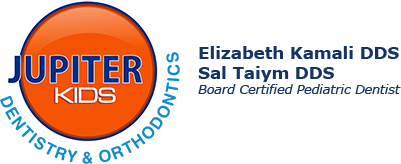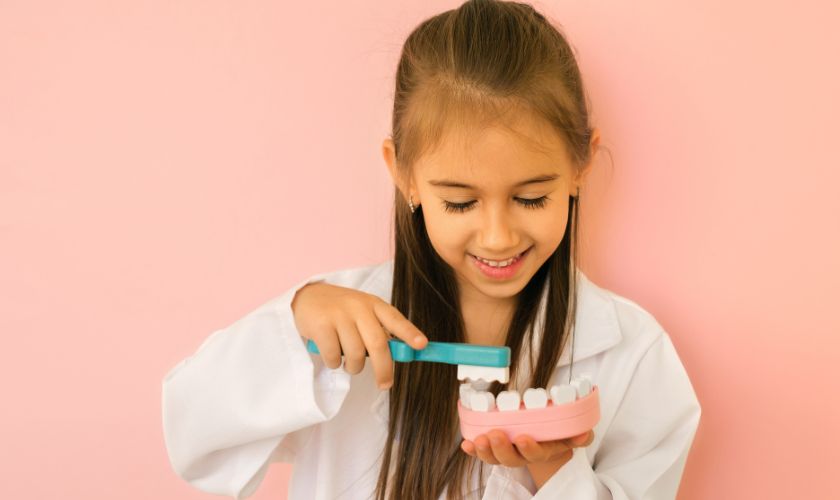Baby bottle tooth decay (BBTD) is a common issue in young children, particularly those who are still drinking from bottles. The sugary liquids in these containers can cause bacteria to grow on the baby’s teeth, leading to tooth decay and associated health problems. Fortunately, there are steps that parents can take to help protect their children’s teeth and prevent BBTD from occurring.
How To Prevent Baby Bottle Tooth Decay
There are several ways to help reduce the risk of your baby developing BBTD and protect their teeth from decay.
1. Limit the amount of sugary liquids: Avoid giving your baby sugary drinks or juice in a bottle, as this can cause bacteria to grow and lead to BBTD. Instead, offer them water or plain milk throughout the day.
2. Clean their teeth regularly: It’s important to clean your baby’s teeth as soon as they come through. Use a soft toothbrush and water, and gently brush their teeth twice per day. This will help remove any sugar residue that is left on the teeth after feeding.
3. Don’t dip pacifiers in sweet substances: If your baby is using a pacifier, avoid dipping it in sugary substances like honey or sugar. This can lead to bacteria and cavities forming on the teeth.
A. How To Reverse The Effects Of Baby Bottle Tooth Decay
If your baby already has BBTD, there are several steps you can take to help reverse the damage.
1. Use fluoride treatments: Fluoride can help strengthen the enamel on your baby’s teeth and reduce the risk of further decay. Ask your dentist if they think your child would benefit from a fluoride treatment.
2. Change their diet: Eating foods that are high in sugar can contribute to the progression of BBTD. Try to limit the amount of sugary foods and drinks your baby consumes, and introduce healthier alternatives instead.
3. Take them for regular check-ups: Visiting the dentist on a regular basis can help spot any signs of tooth decay early, allowing your dentist to take steps to treat it before it gets worse.
B. When To See A Professional
In some cases, you may need to seek professional help from a dentist or pediatrician if your baby’s BBTD is severe. If their teeth are severely decayed, then they may need more intensive treatment such as fillings or even extractions. Don’t delay if you think your baby may need specialised help, as untreated BBTD can lead to pain and more serious health problems.
C. Tips For A Healthy Mouth
There are also some simple steps that you can take to keep your child’s mouth healthy:
1. Avoid prolonged sucking of bottles or pacifiers: Prolonged use of bottles or pacifiers can contribute to the development of BBTD. Try to encourage your child to give up these habits as they get older.
2. Use the right toothpaste: Children under three should only use a smear of fluoride-free toothpaste, and those over three can use a pea-sized amount of fluoride toothpaste. Avoid using adult-sized amounts as this can be dangerous for a child.
3. Monitor their sugar intake: Too much sugar in your baby’s diet can lead to tooth decay, so try to limit the amount of sugary foods and drinks they consume.
Conclusion
Baby bottle tooth decay is a preventable condition, but it’s important to take steps to protect your baby’s teeth as soon as they come through. If you follow the advice given above, and ensure your child visits the dentist regularly for check-ups, this will help minimise their risk of developing tooth decay.
No, you should not use adult toothpaste for your baby. Use a small amount of fluoride-free toothpaste for children under three and a pea-sized amount of fluoride toothpaste for children over three.
It’s recommended that children visit the dentist every six months for a check-up. This will help spot any signs of tooth decay early and allow your dentist to take steps to treat it before it gets worse.
Yes, if left untreated, baby bottle tooth decay can be very painful for your baby and lead to further health problems. It’s important to seek professional help from a dentist or pediatrician if you think your baby may need specialised treatment.


